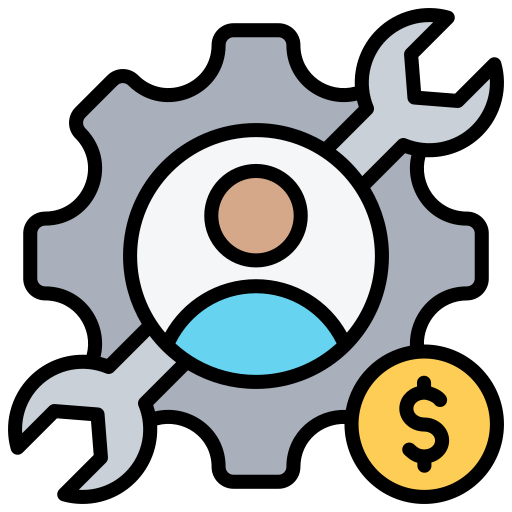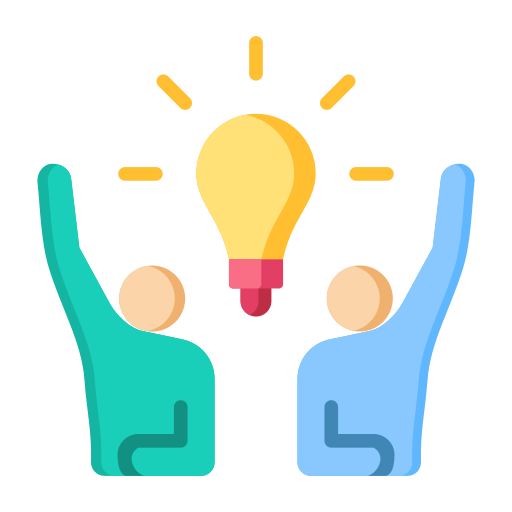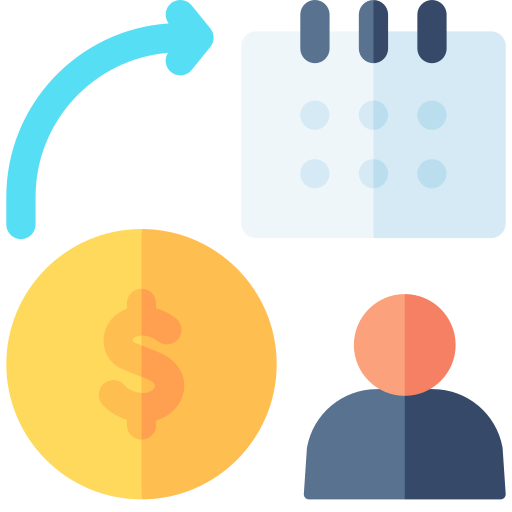
Hire Risk-free IOS APP Developers Now!
Create own development team
Why to Choose Golden Eagle?
IOS Frameworks That Enhance Our Development
Our Service Offerings
Top IOS App Development Company

iOS for Native Mobile Application Development
iOS is Apple's proprietary operating system for mobile devices, such as iPhones and iPads. It provides a native environment for building high-performance, secure, and reliable mobile applications. Developers can use Swift or Objective-C along with Xcode to create apps that take full advantage of iOS features and APIs. iOS development ensures seamless integration with Apple's ecosystem, offering an exceptional user experience and access to the latest device functionalities.

iOS for User-Centric Mobile Apps
iOS is known for its focus on delivering high-quality, user-friendly mobile apps. With a variety of built-in UI components and design guidelines (such as Human Interface Guidelines), developers can create apps with intuitive navigation and smooth user experiences. The App Store also allows easy distribution and a global user base, making iOS a top choice for businesses aiming to deliver exceptional mobile experiences.

iOS for High Performance and Security
iOS apps are designed for optimal performance, thanks to Apple's control over both hardware and software. With powerful APIs, such as Core Data, Core Animation, and Metal, iOS allows developers to create high-performance applications for gaming, media, and complex functionalities. Additionally, iOS offers robust security features like biometric authentication, encryption, and secure app sandboxing, ensuring that user data and app integrity are always protected.

iOS for Apple Ecosystem Integration
Developing for iOS allows developers to integrate their apps seamlessly with the broader Apple ecosystem, including macOS, watchOS, and tvOS. Features like Handoff, iCloud, and Apple Pay provide added functionality and convenience for users across devices. By building apps for iOS, developers can tap into a highly engaged and loyal user base while taking advantage of cross-platform capabilities within the Apple ecosystem.
Projects We Undertake

Fixed Cost Model
The Fixed Price Model is best suited for projects with well-defined requirements and a clear scope. The project cost, timeline, and deliverables are agreed upon upfront, providing clients with certainty and predictable outcomes. This model is efficient for smaller projects or those where the scope remains unchanged throughout. It is ideal for projects with minimal risks and where changes during the execution phase are unlikely.

Time & Material Model
The Time and Materials Model is designed for projects with flexible and evolving requirements. It allows clients to pay based on the actual time and resources consumed during the project. This model is effective for long-term or complex projects where the full scope may not be clearly defined from the outset. Clients gain the advantage of scalability and can make adjustments as needed during development, ensuring the final product meets evolving business needs.

Dedicated Team Model
In the Dedicated Team Model, a team of skilled professionals is allocated exclusively to a client’s project for a predetermined period. This approach offers the flexibility to scale the team up or down based on the project’s demands. It provides clients with direct control over the development process and allows for quick adaptation to changing requirements. This model is ideal for long-term engagements, where collaboration, consistency, and focus are key to success.

Milestone-Based Payment Model
The Milestone-Based Payment Model divides the project into distinct phases or milestones, with payments made after each phase’s successful completion. This approach ensures a structured timeline, reduces financial risk for both the client and the development team, and provides clients with measurable progress checkpoints. It is particularly useful for medium-sized projects, where deliverables are segmented into clearly defined stages with separate timelines and goals.
Get in Touch
We're just a message away, connect with us now



